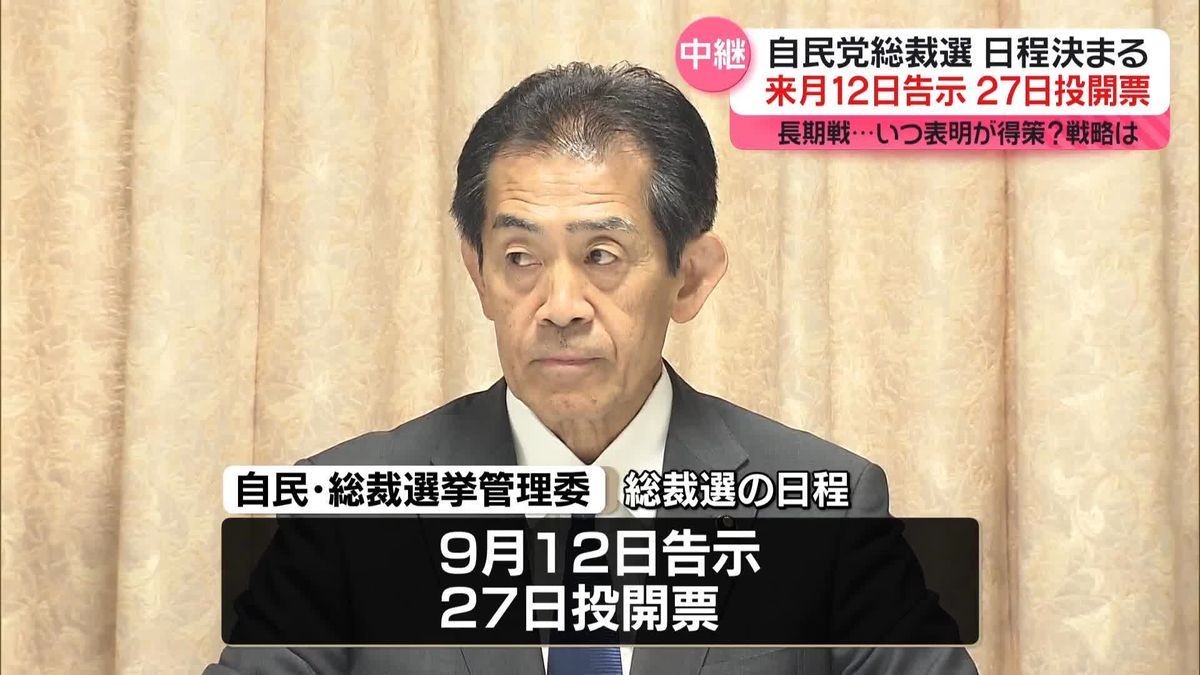In the latest political development in Japan, voting has started for the Liberal Democratic Party (LDP) leadership race. The election outcome will determine the party's leadership and potentially the next Prime Minister of Japan. Held within the party structure, the process involves voting from party members and designated lawmakers from local constituencies. The election is under scrutiny for its potential to influence the direction of national policies and international relations.
In Japan, the LDP leadership election is a crucial political event as it likely dictates the country's next Prime Minister, given that LDP traditionally holds a majority in the Japanese government. Japanese citizens pay close attention to such elections as they can influence policy direction. The process is intricate, involving various factional politics, and the results can have implications for both the domestic and foreign agenda.
Much like the primary elections in the US, where the leaders of the Democratic and Republican parties are determined, the LDP leadership election plays a similar foundational role in Japanese politics. However, unlike the US, where primaries are open to public voting, LDP leadership elections involve only party members and certain local lawmakers, drawing a fine balance between intra-party democracy and public representation.

